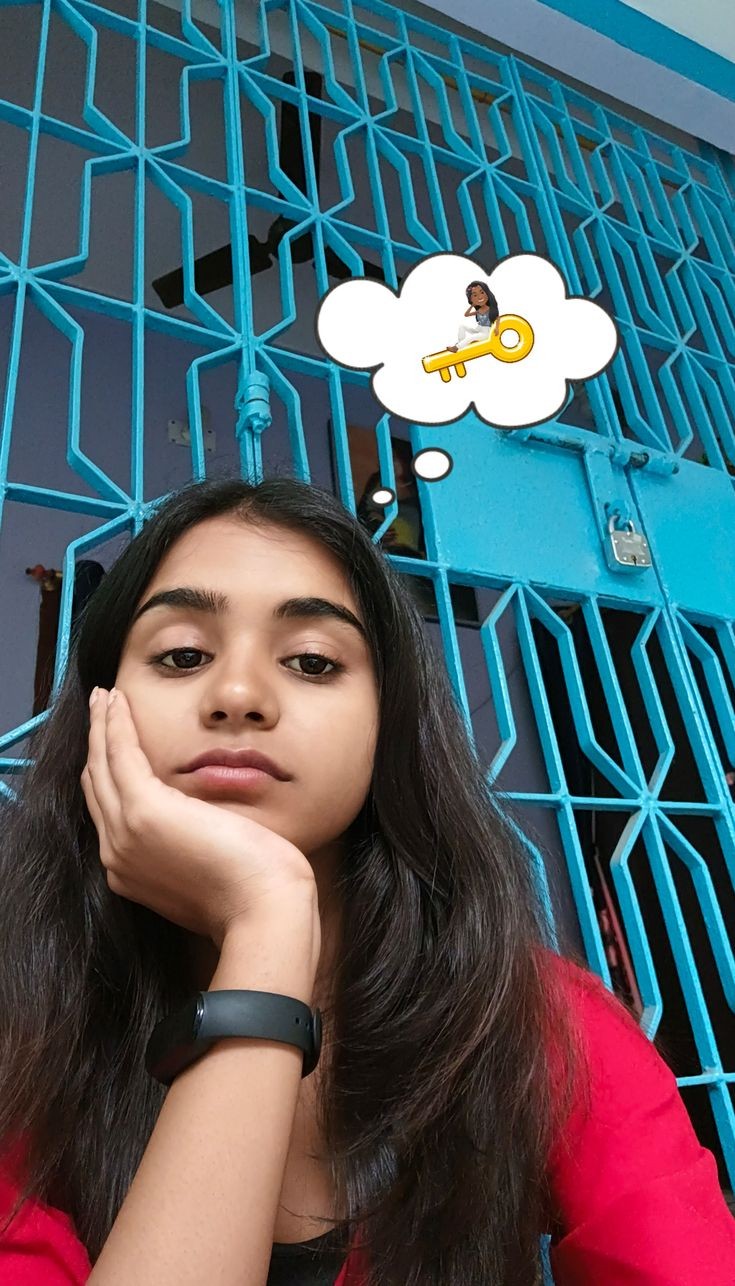Is the fascination with desi MMS videos a reflection of societal curiosity or an exploitation of privacy? A bold statement reveals that these viral clips often tread a fine line between entertainment and ethical misconduct, sparking debates worldwide. The dissemination of such content raises significant questions about consent, legality, and cultural norms.
The internet has become a repository for various forms of media, including amateur clips tagged as desi MMS videos. These uploads often feature Indian or South Asian individuals in intimate scenarios, gaining rapid attention due to their explicit nature. While some argue that these videos cater to niche audiences seeking authentic representations of local cultures, others highlight the potential harm caused by unauthorized sharing of private moments. Such content frequently surfaces on platforms like Telegram, X Twitter (formerly known as Twitter), and even dedicated websites hosting adult material.
| Personal Information | Details |
|---|---|
| Name | Varies based on context; often pseudonyms used |
| Date of Birth | Not typically disclosed publicly |
| Place of Origin | South Asia, predominantly India |
| Career | Amateur actors or accidental participants without formal careers in entertainment |
| Professional Background | Limited information available; most are not professional performers |
| Reference Website | XNXX.COM |
Categories associated with desi MMS videos include terms like aunty sex, bangladeshi sex video, beautiful sex, and big boobs. These tags aim to attract specific demographics interested in regional content. However, they also perpetuate stereotypes and sometimes involve non-consensual distribution of personal footage. For instance, leaked clips from private encounters have been shared widely without participants' permission, leading to legal ramifications and emotional distress for those involved.
Platforms such as EroMe and XXXBP.tv specialize in curating collections of desi MMS clips. Their catalogs emphasize authenticity by labeling materials as amateur Indian sex clips in HD. Despite this focus on realism, critics point out that many uploads violate privacy laws and exploit vulnerable individuals. Recent controversies surrounding viral incidents, such as the alleged Manahil Malik Eid sex video scandal, further illustrate how quickly unauthorized content can spread across digital networks.
Search results for phrases like desi mms sex video yield numerous entries on XNXX.COM, one of the largest repositories of adult content globally. This platform's algorithm prioritizes popular keywords, ensuring that related queries lead users directly to explicit material. While filters exist to block underage content, enforcement remains inconsistent, allowing questionable uploads to remain accessible indefinitely.
Telecommunication apps play a crucial role in disseminating desi MMS videos. Groups formed on Telegram frequently share links to newly uploaded clips, creating echo chambers where sensitive information circulates rapidly among members. Administrators often mask identities behind anonymous profiles, complicating efforts to trace origins or hold perpetrators accountable. Additionally, encrypted messaging features make monitoring activities challenging for authorities attempting to curb illegal activity.
Legal frameworks addressing the issue vary significantly between countries. In India, Section 67 of the Information Technology Act criminalizes publishing obscene material electronically, carrying penalties ranging from imprisonment to hefty fines. Yet enforcement faces hurdles due to jurisdictional complexities when offenders operate internationally. Furthermore, victims hesitate to report violations fearing social stigma or retaliation from attackers.
Efforts to combat the proliferation of unauthorized desi MMS videos require coordinated action from multiple stakeholders. Technology companies must enhance filtering mechanisms to detect and remove prohibited content promptly. Governments should strengthen legislation protecting digital rights while promoting awareness campaigns educating citizens about responsible online behavior. Finally, communities need to foster environments where survivors feel supported rather than ostracized after experiencing breaches of trust.
In conclusion, the phenomenon of desi MMS videos represents both a symptom and catalyst for broader discussions around privacy, ethics, and technology misuse. Addressing these challenges necessitates collaborative approaches involving policymakers, industry leaders, and civil society organizations committed to safeguarding individual dignity amidst evolving digital landscapes.



